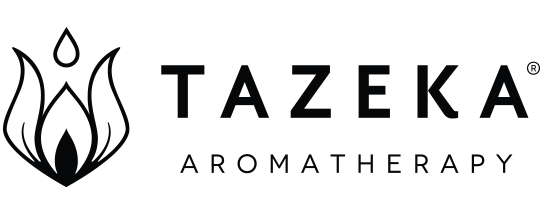
Addiction—whether to a substance like alcohol or opiates, or to a behavior like gambling or shopping—is a scourge in contemporary society. The condition has been described as a spiritual disorder, a physical disease, and in other terms (including, unfortunately, the assumption that people who suffer with addiction are morally degenerate people—completely untrue). Regardless, addiction casts a broad and devastating net: it affects not only the person suffering from the disorder but also a wide network of family, friends, and even strangers. It has been conservatively estimated that for each person suffering from addiction, a minimum of eight other people are directly affected.
Many treatment approaches for addiction exist, though by far the most common in the United States is the 12-Step model, which includes meeting-based programs such as Alcoholics Anonymous, Narcotics Anonymous, and Gamblers Anonymous. Talk therapy and certain pharmaceuticals (naltrexone, acamprosate, suboxone, and disulfiram, for example) can also help an addicted person overcome the compulsion to use the problematic substance or engage in the problematic behavior, either by quelling the physical, brain- and body-based craving to use or by exploring the root emotional and psychological causes of the addiction. It’s become evident that the most successful recovery programs—those that lead to lasting, and preferably permanent, cessation of addictive behaviors—combine some or all of these approaches.

And there’s another option in the recovery toolbox: aromatherapy! Aromatherapy with essential oils is often overlooked by recovery experts, since (in the United States, at least) addiction treatment tends to follow a medicalized, not-always-holistic approach focused on pharmaceutical therapy and behavioral modification.
Aromatherapy will not in itself “cure” addiction—but it can offer a powerful boost for people in recovery, a boost that just might make the difference between relapse and long-term wellness! Among other things, essential oils can reduce the symptoms of alcohol, opiate, and other drug withdrawal, help with cravings, and improve emotional balance during the hard times that often result from addictive behaviors.
Aromatherapy can complement more traditional treatments really effectively. Oil choices depend on the type of addiction, particular withdrawal symptoms, and the person's emotional state. **Be sure to speak with your caregiver about using essential oils for addiction recovery, because some oils can impact other medications you take.**

- Anise can help curb sugar cravings (a common problem for alcoholics), and helps people relax into asleep.
- Chamomile is well known for its calming and anti-anger effects. It aids sleep and eases cravings, as well.
- Geranium balances the emotions and helps reduce symptoms of stress, depression, and anxiety. It can help with withdrawal and is particularly appropriate for use in recovery from sedative and stimulant addiction.
- Frankincense may help people release the past. It offers clarity of mind and promotes higher consciousness. Frankincense also diminishes cravings related to substance addictions.

- Lavender calms anxiety, relieves fatigue, and eases depression. It may relieve alcohol cravings and can smooth out withdrawal.
- Bergamot reduces depression and anxiety and curbs compulsive behaviors.
- Eucalyptus relaxes the system. It can relieve cravings for alcohol.
- Fennel can ease alcohol and food cravings.

- Lemon oil may help people overcome their cravings for alcohol. It also lifts the mood and boosts energy. Lemon oil, together with the citrus oils in general, are highly effective in improving the emotional state.
Many of Tazeka’s 100% pure aromatherapy roll-on blends could be helpful in addiction recovery. You or a loved one may want to try Peaceful Slumber (lavender, bergamot, and chamomile figure in this blend), Nonstop Thoughts (frankincense and chamomile are present), Headache Helper (contains, among other oils, frankincense and lavender), Tension Tonic (with geranium and lavender), Meditation Guru (frankincense stars in this blend), and Optimism (it contains the citrus oil sweet orange, which has properties similar to lemon oil, as well as geranium).
Other blends can aid addiction recovery, as well. Stay tuned for Part 2 of this topic!

Comments on this post ( 0 )